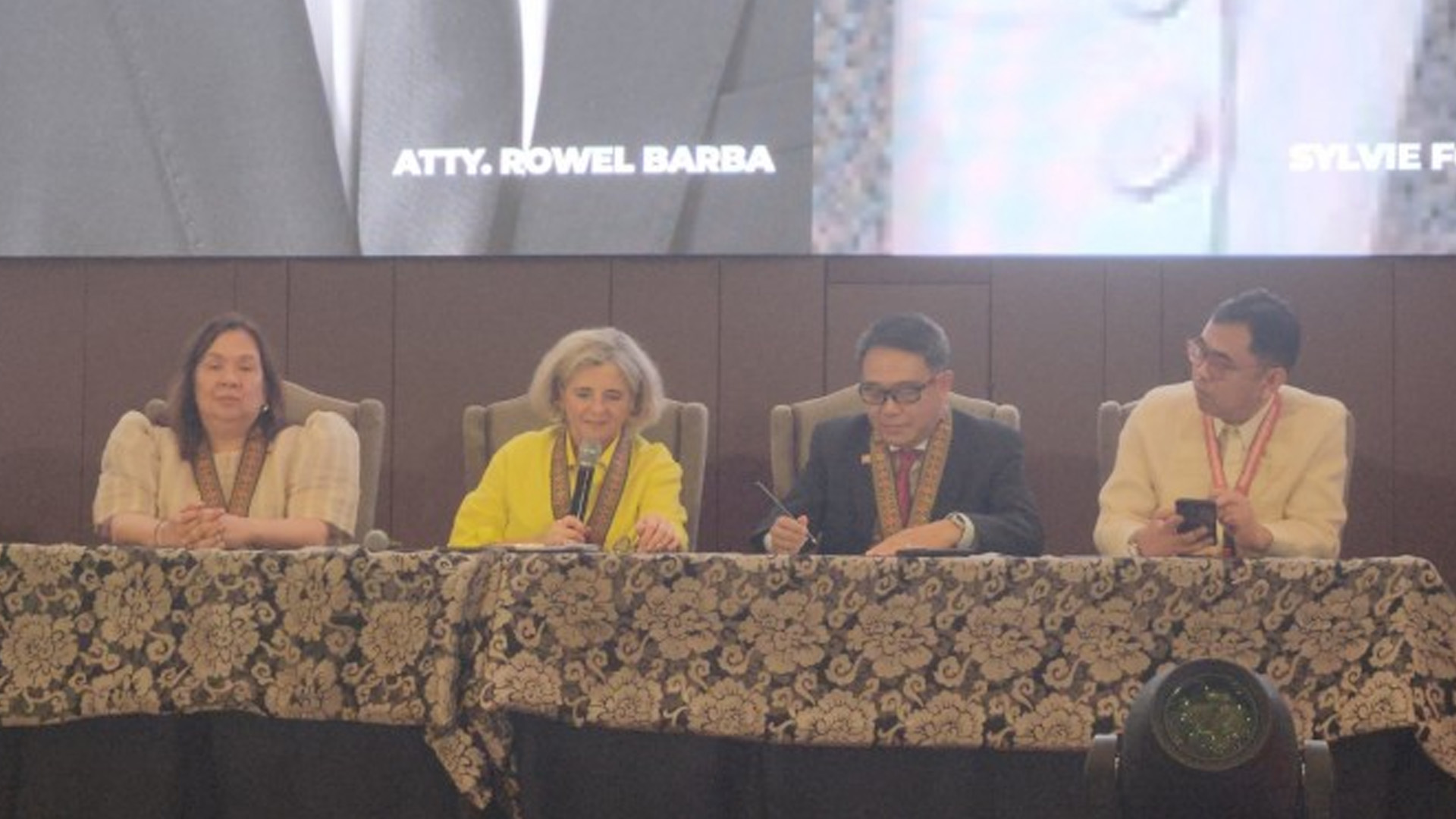The World Intellectual Property Office (WIPO) has chosen the Philippines to be the pilot country for a new tool that would measure the contribution of creative industries relative to gross domestic product (GDP).
WIPO Deputy Director General for Copyright and Creative Industries Sector Sylvie Forbin announced this at the opening of the 2nd Philippine International Copyright Summit in Quezon City on Monday.
Forbin said WIPO is closely working with the Intellectual Property Office of the Philippines (IPOPHL) and the Department of Trade and Industry (DTI) in developing this instrument.
“We are working for this new activity which is the measurement of the contribution of the creative economy to the GDP of the country. And for this, your country is first, the pilot in the world,” she said.
“The tool began in June. The work is going on. We will have tomorrow (Tuesday) a meeting with all the technical team here in the Philippines. We do hope that we can have already some results by the end of the year.”
Forbin said the local private sector is also providing data to IPOPHL to capture their information on creative industries.
IPOPHL guidance on AI
In the same event, IPOPHL Director General Rowel said the agency will soon release guidance on the copyright of artificial intelligence (AI) works.
“But with questions on ethics and law, such as whether AI can be protected with copyright, whether AI works can be original as a derivative of existing copyrighted works, on whether works made with the help of AI should give credit to the software, its developers and trainers, IPOPHL attempts for answers. We will soon release guidance on this for artists,” the IPOPHL chief said.
A possible case on AI and copyright may involve the registration of a work partially made by AI.
IPOPHL Bureau of Copyright and Related Rights Director Emerson Cuyo said under the current law, works purely generated by AI could not pass the requirement for copyright.
“But for partially generated, that’s where the confusion is and that’s where guidance will come. So right now, we rely on disclosure but in the future, we can rely perhaps on technology, like the technology that will determine whether or not the work is generated by a team,” Cuyo said. (PNA)







